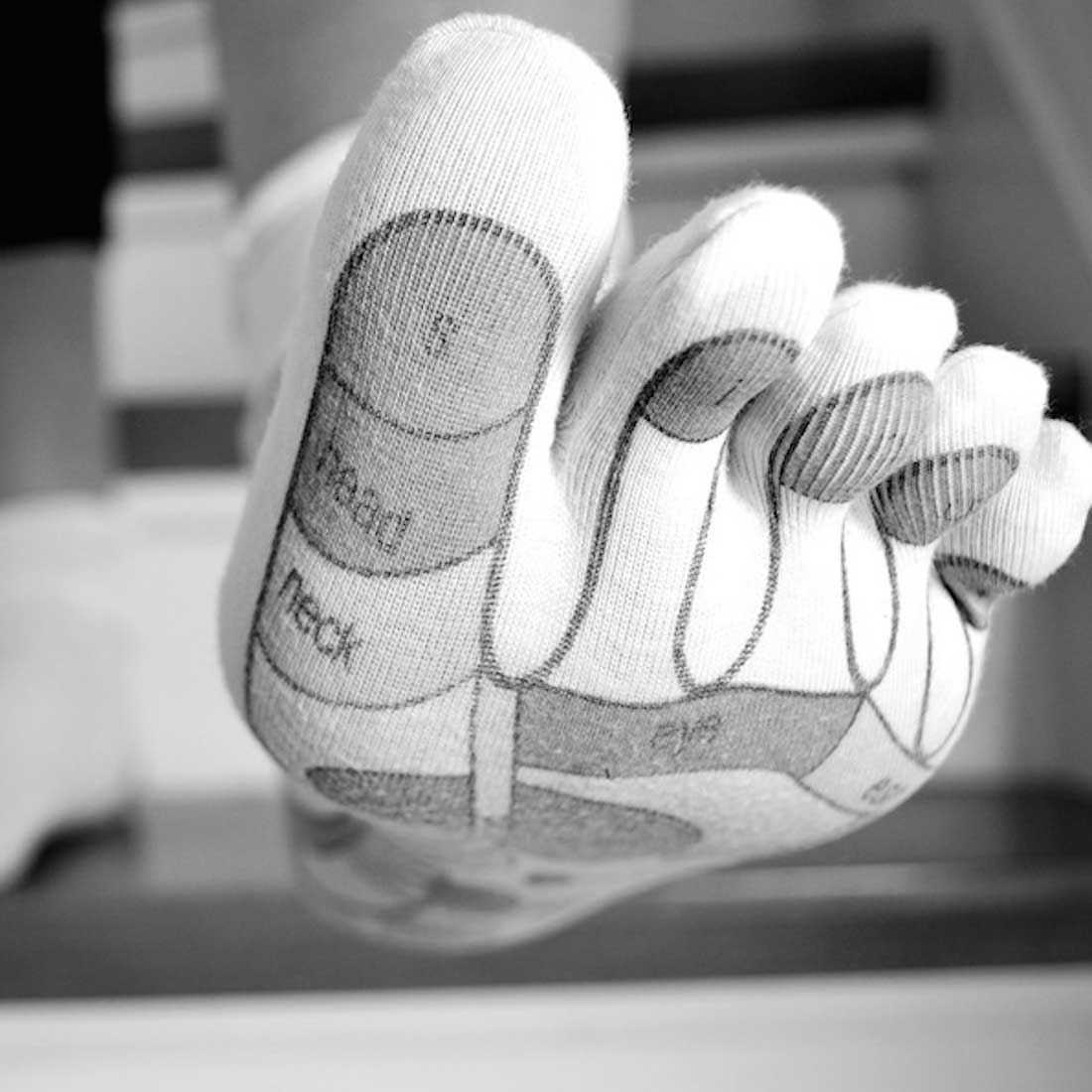What’s an easy way to beat stress? Grab some fruit or take a short walk.
It’s easy to forget about the link between the mind and body. A huge body of scientific research backs this: take care of your body and your stress levels will drop. It works the other way too – the less stress you have, the better you feel.
Your Mind-Body Connection
We usually think of stress and physical pain as distinct. Separated. We need to rethink this mindset. Every system in your body is strongly interdependent. Here’s an outline of how tightly your immune system, heart, and brain are connected.
1. Your gut
Your gut, or intestines, contains 100 million nerve cells. That’s the size of a small brain. It produces 80% of the body’s melatonin, a chemical we thought only existed in the brain. Your intestines also produce 80% of your body’s serotonin, a brain chemical that improves your mood.
2. Your heart
Your heart pumps blood to every part of the body. But your heart is more than a pump. It also contains between forty thousand and ninety thousand nerve cells, creates an electromagnetic field and produces two brain chemicals. The neurotransmitters in the heart are the same as those in your brain that create emotional responses.
3. Your immune system
The immune system protects you from getting sick. It also helps manage your emotions.
Lymphocytes, a type of white blood cell, produces natural painkillers. We now know that it also produces a stress hormone. Monocytes, another type of white blood cell, have receptors for every known neurotransmitter. We used to think that only brain cells use neurotransmitters. We’ve learned that’s not the case. When you’re under stress, monocytes can even produce brain chemicals. Your immune cells talk to hormone-producing glands using brain language.
What Does All This Mean to You?
The different parts in your body use one messaging system to communicate. Your mind and body use this connection to influence each other.
This doesn’t mean you can think your way into pain or out of it. You may, however, influence how you physically feel with your thoughts. Chemical messengers move from the brain to the body and back again. That means how you think affects how your body feels, which in turn affects your brain, and your body again.
Chew on this
Here are 3 easy steps you can take to reduce stress:
- Get more sleep. Sleep is not a luxury. It’s a smart investment.
- Go for a 10-minute walk. Go during lunchtime. Walk around the block for a break.
- Grab some veggies and some nuts. They are easy to snack on and are nature’s fast food.
Having a hectic day? Take a deep breath. Slowly let it out. You can reduce your stress levels with simple, practical steps.
How do you manage stress? Share your thoughts with us below!


